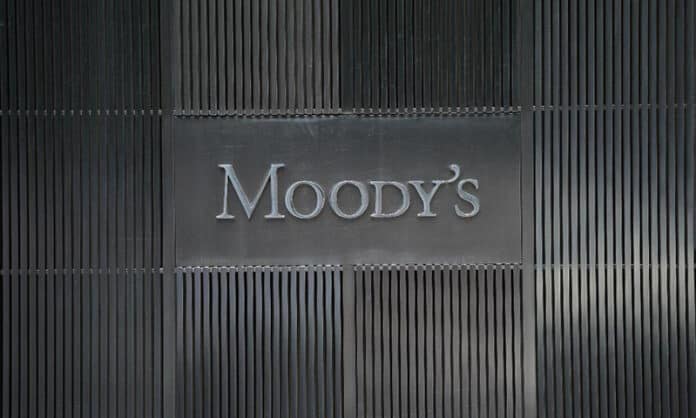On Thursday, Moody’s Investors Service (Moody’s) rated the outlook of Pakistan from positive to negative. It also made sure that the government of Pakistan’s B3 issuer and senior unsecured debt ratings in domestic and foreign currencies were maintained.
The mission to change and lower the ratings to negative was being triggered by the chance of increasing external sensitivity and doubtfulness in Pakistan about the sovereign’s ability to procure more additional external money to fulfil all the requirements, according to the notification.
All of this inflation is putting pressure on the current account, currency, and – already thin – foreign exchange reserves, raising the possibility of increased external sensitivity, according to the ratings agency, most notably in terms of the high risk of political and social media.
Poor level of institutions and governance strength in Pakistan builds up instability for the upcoming period of macroeconomic policy, whether the country will be able to successfully accomplish the present IMF Extended Fund Facility (EFF) organisation and build up a credible concern path that also helps the extra financing,” according to the reports.
With all the risks stated above, Moody’s has built up a rating of B3, showing that Pakistan will be concluding the seventh evaluation under the IMF Extended Fund Facility (EFF) programme by the second part of this calendar year.
“Extra financing from other bilateral and multilateral partners” will turn out to be an outcome of this. “Moody’s expects that in this condition, Pakistan will be able to solve the problems of its financial imbalance in the upcoming years,” it said.


